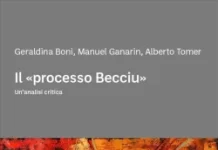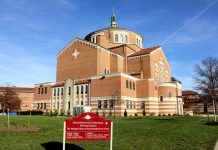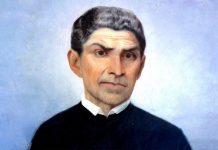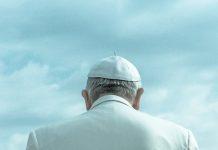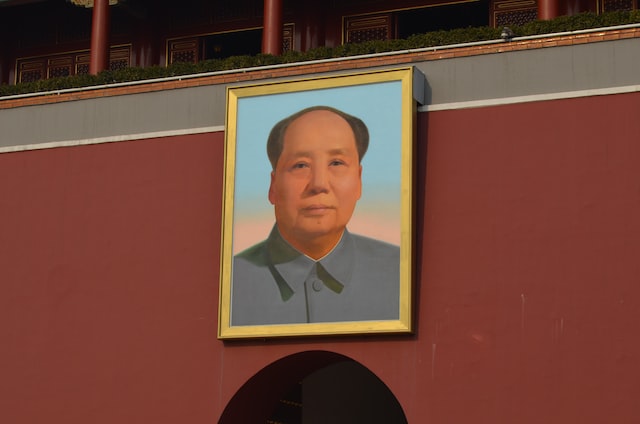Under the new leaders, the Catholic community is expected to fully implement Beijing’s policy on the “Sinicization” of religion and firmly uphold the Chinese Communist Party’s leadership.
Newsroom (28/08/2022 2:00 PM Gaudium Press) Top political adviser Wang Yang has urged new Catholic leaders in China to resist foreign influence and ensure that control of the church remains in the hands of patriots.
He made the remarks after the two state-sponsored Catholic Church bodies in China elected new leaders at a twice-a-decade conference that wrapped up in Wuhan, Hubei province, on Saturday.
During the three-day meeting, Archbishop Joseph Li Shan of Beijing was appointed chairman of the Chinese Catholic Patriotic Association, replacing Bishop John Fang Xingyao of the Shandong diocese.
Bishop Joseph Shen Bin of the Haimen diocese was elected to replace Archbishop Joseph Ma Yinglin of Kunming diocese as the new chairman of the Bishops’ Conference of the Catholic Church in China.
The new leaders met Wang – No 4 in the Communist Party and chairman of China’s top political advisory body – in Beijing on Tuesday, state news agency Xinhua reported.
According to Xinhua, Wang said that under the new leaders, the Catholic community was expected to fully implement Beijing’s policy on the “Sinicization” of religion and firmly uphold the party’s leadership.
Sinicization is a push by the officially atheist party to bring religions under its control and into line with Chinese culture and was introduced by President Xi Jinping in 2015.
Wang urged the new leaders to deepen the Sinicization of Catholicism by fostering politically reliable clergy so that patriots continued to run the church.
He said they must get their political principles straight and be independent while “actively fending off infiltration by foreign forces.”
This comes after Pope Francis said he hoped to see the Vatican agreement with Beijing on the appointment of bishops in China to be renewed in October.
Anthony Lam Sui-ki, a Catholic affairs expert with Hong Kong Shue Yan University’s journalism and communications department, said Chinese leaders were “overly concerned” about foreign influence on the church.
“I don’t think [Wang] was referring to the Vatican as the foreign forces as it remains a universal church,” Lam said. “We would like to see a Chinese bishop who could eventually serve as a future pope – the same way we would like to see a Chinese doctor serving as the head of the World Health Organization,” he added.
Lam said it was a positive sign that there were no policy shifts or new requests from Beijing for the Catholic Church.
“As long as there is no change in status quo, I expect Beijing and the Vatican will go ahead with the renewal of the [bishops] agreement and head towards building official diplomatic ties in the future,” he said.
The Vatican is one of Taipei’s only diplomatic allies in Europe but has long expressed the desire to revive its official ties with Beijing – a relationship severed in 1951. In a step towards repairing the relationship, Beijing and the Holy See reached a provisional agreement in 2018 on the appointment of Chinese bishops.
Mainland China’s 12 million Catholics are split between an “underground” church that looks to the Pope for authority and state-run churches controlled by the Chinese Catholic Patriotic Association.
The controversial agreement has been criticized as selling out the interests of the mainland’s underground church, pushing them to pledge allegiance to the party-controlled Catholic Church bodies that vowed independence from Rome.
The full text of the 2018 provisional agreement has never been made public, but it marked the party state’s first indication it was ready to share authority with the Pope over the Catholic Church in China. After it was signed, China stopped appointing bishops without the approval of the Pope, but reports of persecution against underground clergy have continued.
– Raju Hasmukh
(Via South China Morning Post)









